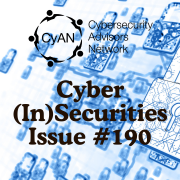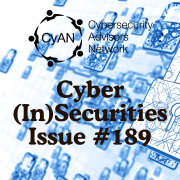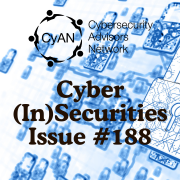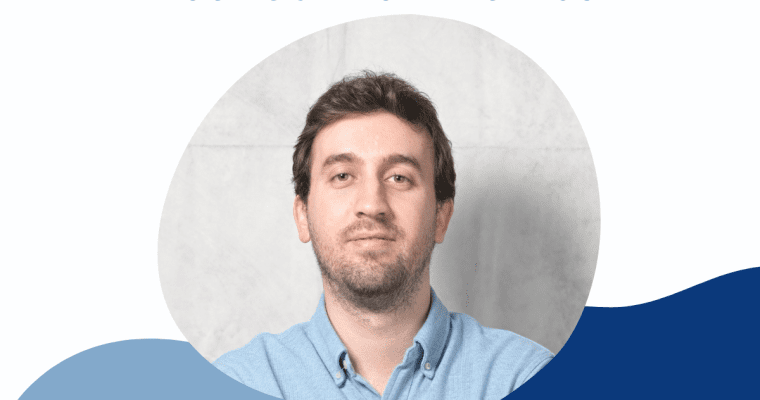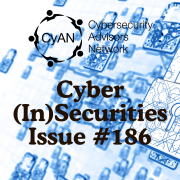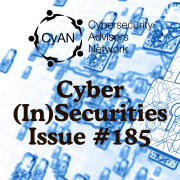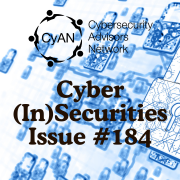Cyber (In)Securities – Issue 190
You can download this edition by clicking the three dots icon on the far right and selecting Download PDF File. For the best reading experience, we recommend enlarging it by clicking the fullscreen icon, which is the third icon from the right. All article titles …
